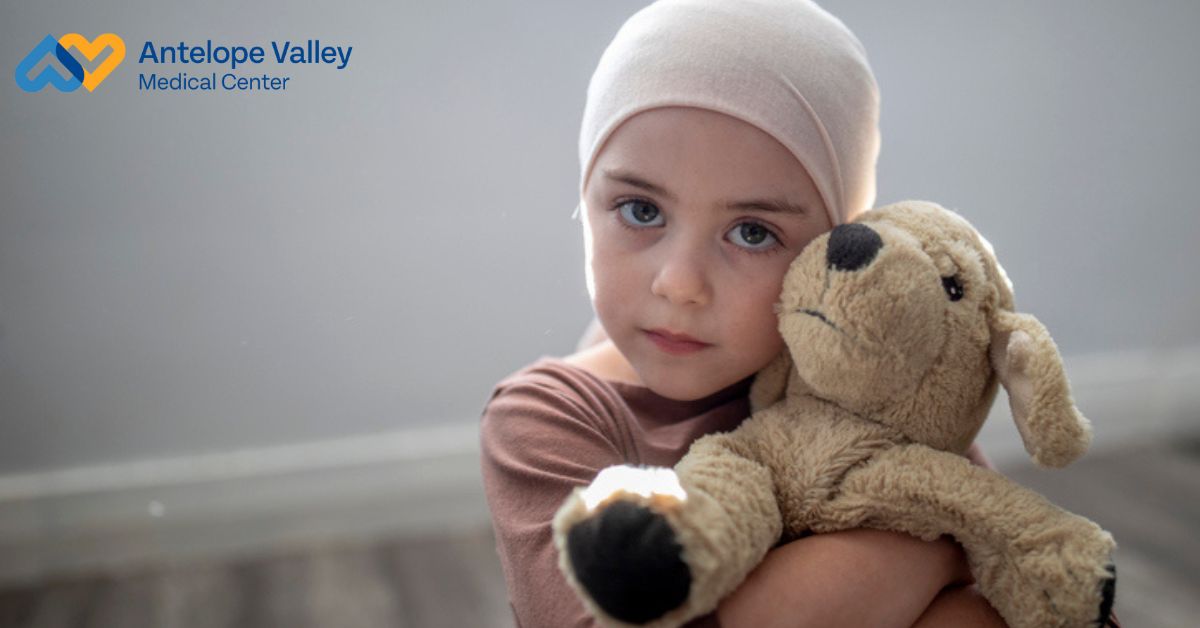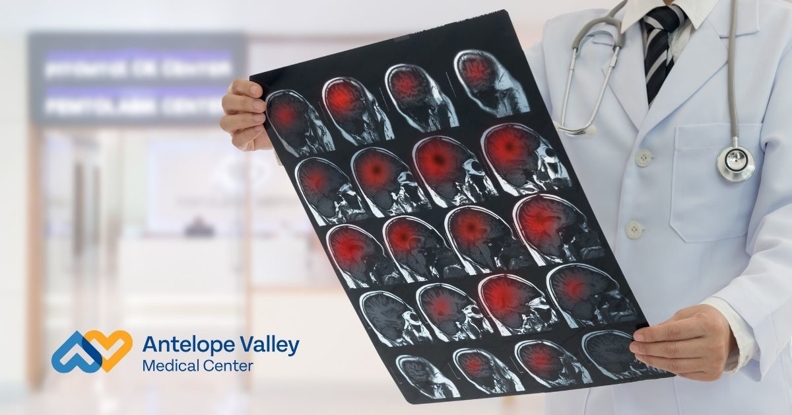Childhood Cancer Awareness Month: Helping Identify Cancer Symptoms
- Category: Cancer Awareness Month
- Posted On:
- Written By: Antelope Valley Medical Center

Recognizing Childhood Cancer: Early Signs and Symptoms to Watch For
September is Childhood Cancer Awareness Month, a time to increase understanding about the early warning signs of cancer in children. Awareness and timely action can make a significant difference in outcomes for young patients and their families.
Understanding Childhood Cancer: Facts and Figures
Childhood cancer, while rare compared to adult cancers, remains one of the leading causes of death by disease among children. Each year, thousands of children are diagnosed with various types of cancer, including leukemia, brain tumors, lymphoma, and more. Early detection plays a crucial role in successful treatment and recovery.
Key Statistics on Childhood Cancer
Approximately 1 in 285 children will be diagnosed with cancer before age 20
Leukemia accounts for about 28% of childhood cancers
Survival rates have improved significantly, with nearly 84% of children surviving five years or more
Continued awareness and research are essential to further improve outcomes
Common Symptoms and Warning Signs in Children
Recognizing potential symptoms early can prompt medical evaluation and diagnosis. Be vigilant for signs that are persistent or unusual for your child:
General Symptoms to Monitor
Unexplained weight loss
Persistent fatigue or weakness
Frequent infections or fevers that don’t resolve
Easy bruising or bleeding
Swelling or lumps under the skin
Specific Symptoms by Cancer Type
Leukemia: Pale complexion, bone or joint pain, swollen lymph nodes
Brain Tumors: Persistent headaches, nausea, balance problems, vision changes
Lymphoma: Enlarged lymph nodes, night sweats, unexplained fever
If your child experiences any of these symptoms for more than a few weeks, seek medical advice promptly.
What to Do if You Suspect Symptoms
Taking action early can improve treatment options and outcomes. Steps to follow include:
Schedule an appointment with your pediatrician
Keep a detailed record of symptoms, their frequency, and duration
Ask about referrals to pediatric oncology specialists if needed
Avoid delay—early diagnosis is critical
Support and Services at Antelope Valley Medical Center
At Antelope Valley Medical Center, we provide comprehensive care tailored to children and families facing cancer:
Pediatric Oncology Expertise
Our specialists are experienced in diagnosing and treating various childhood cancers using the latest protocols.
Multidisciplinary Care Approach
We coordinate with radiology, surgery, nutrition, and support services to address all aspects of your child’s care.
Family Support Programs
Counseling, educational resources, and community support help families navigate the challenges of cancer treatment.
Access to Clinical Trials
We offer participation in advanced clinical trials that may provide additional treatment options.
Commitment to Your Child’s Health
Vigilance, awareness, and early action are essential tools in the fight against childhood cancer. If you have concerns about your child’s health, contact Antelope Valley Medical Center at 661-949-5000 to connect with caring professionals ready to support your family every step of the way.


.jpg)
